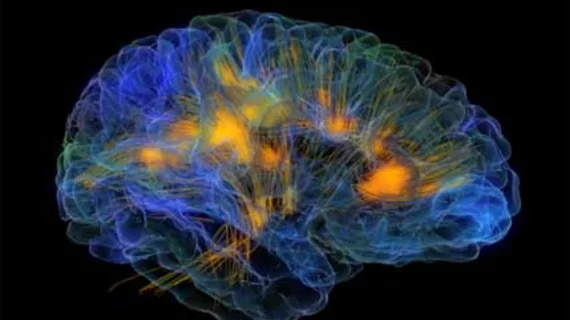A new artificial (AI) algorithm developed by researchers from the Lawson Health Research Institute in Ontario, Canada and The Mind Research Network in Albuquerque, New Mexico, could help predict whether a patient will successfully respond to medication for a mood disorder.
The AI algorithm can to analyze brain scans to better classify mood disorders and predict medication response in patients. The research, published Aug. 6 in the journal Acta Psychiatrica Scandinavica, also may suggest that biomarkers may help distinguish certain mood disorders from others, such as major depressive disorder (MDD) and bipolar disorder.
“Antidepressants are the gold standard pharmaceutical therapy for MDD while mood stabilizers are the gold standard for bipolar I,” said co-author Elizabeth Osuch, MD, a clinician-scientist at the Lawson Health Research Institute, in a prepared statement. “But it becomes difficult to predict which medication will work in patients with complex mood disorders when a diagnosis is not clear. Will they respond better to an antidepressant or to a mood stabilizer?”
Osuch and colleagues recruited 99 patients between 16 to 27 years old from mental health programs at the London Health Sciences Center to undergo fMRI brain scans. Of these patients, 66 had completed treatment for MDD or bipolar type I disorder. An additional 33 healthy controls with no history of mood disorders were included in the study, according to the researchers.
The researchers then analyzed and compared the scans from all 99 participants and found that brain networks that play a role in self-reflection, arousal and alertness differed in the three groups. The data were used by researchers at The Mind Research Network to develop an AI algorithm that classified mood disorders with 92.4 percent accuracy, according to the researchers.
The team then performed imaging with 12 additional participants with complex mood disorders without a clear diagnosis. They used the algorithm to study a participant’s brain function and correctly predicted 11 out of 12 participants' responses to medication.
“This study takes a major step towards finding a biomarker of medication response in emerging adults with complex mood disorders,” Osuch said. “It also suggests that we may one day have an objective measure of psychiatric illness through brain imaging that would make diagnosis faster, more effective and more consistent across healthcare providers.”

